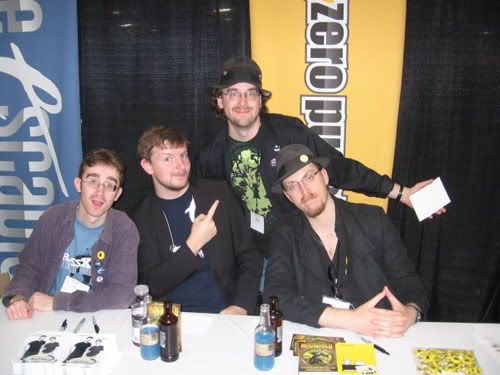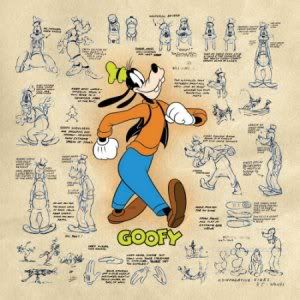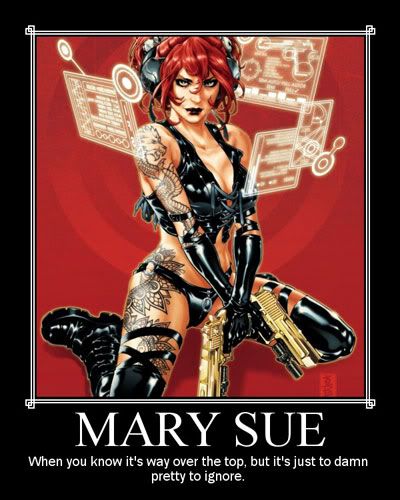
Since I missed the opportunity during my actual lunch break, and have some time between assignments, I’m going to take 15 minutes and follow some of the advice from David Hill‘s fantastic RPG-making panel last evening. This entry isn’t to be confused with the singularly brilliant work of Cleolinda. Anyway, let’s start the clock.
14:05
Let’s talk about what I’m doing here. I want to create an RPG based on these stories I’ve written. The premise is, humanity’s expanded into the solar system as far as the moons of Jupiter. After getting established on and under the rather inhospitable surfaces of those planetoids, the colonies on the Jovian moons have sued for independence. After a brief skirmish or three, the Earth government capitulated. Some time has gone by, and there’s now a good measure of tension between the Earth government (Terrans) and the colonists (Jovians).
14:08
So we have some backstory. But what are we doing NOW? As players, what will people be trying to accomplish. Well, the Terrans have yet to actually say the Jovians are a fully independent nation. They need the resources of the Jovian moons to keep prices of things like rocket fuel and metals from going berserk. Both sides now have corporations & a military branch. Some corporations are likely to want war in order to make a profit, both governments have agendas of their own to further through force of arms, the military exists to fight, and the people outside these three areas – freelancers – can make some money fighting for either side. Peace, on the other hand, could also be profitable for corporations excepting ones like arms manufacturers. The military can recruit and train without the political pressures of wartime and the governments can work together at things like price control and information gathering, while freelancers can still make money by breaking the law, or perhaps enforcing it.
14:15
I’m starting to run short on time on this today, but players in an RPG always want to do something cool. They want to be cool for different reasons and in different ways. So far I’ve envisioned 4 different classes of characters and 4 different employers, making 16 different professions. The mechanics will all be the same, and the idea is to make sure the characters are invested in whatever’s going on. Rather than different rolls for attacks, skill checks and the vehicle/spacecraft sections, the foundation of the system will start with the characters. The system shouldn’t dominate the gameplay.
14:20
More to come on this, but for now my time is up.






